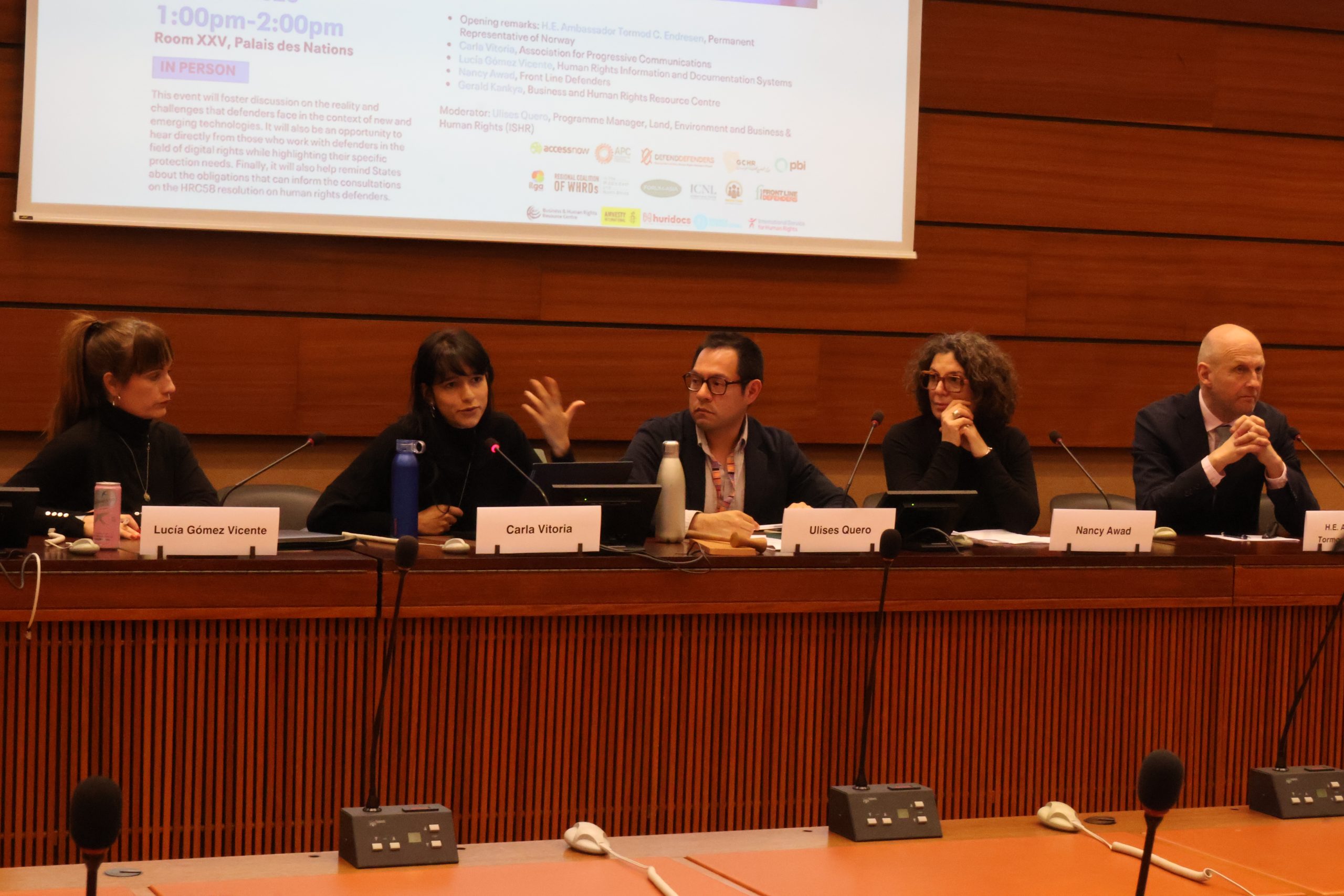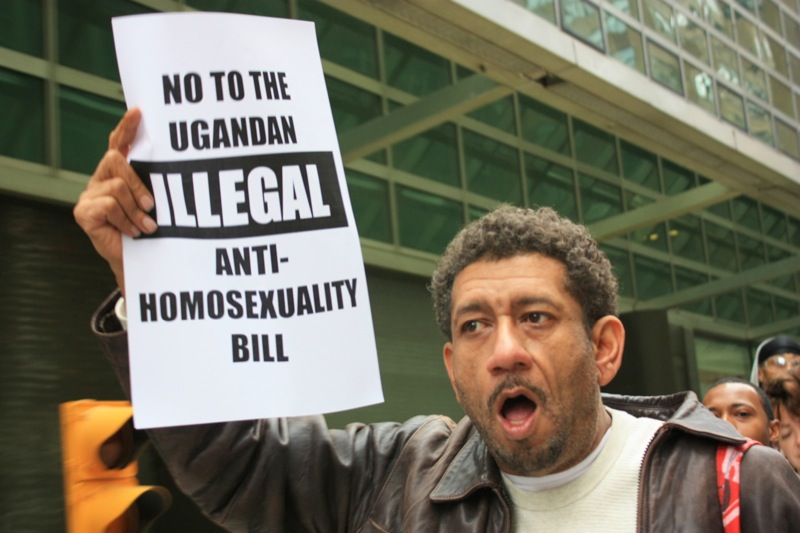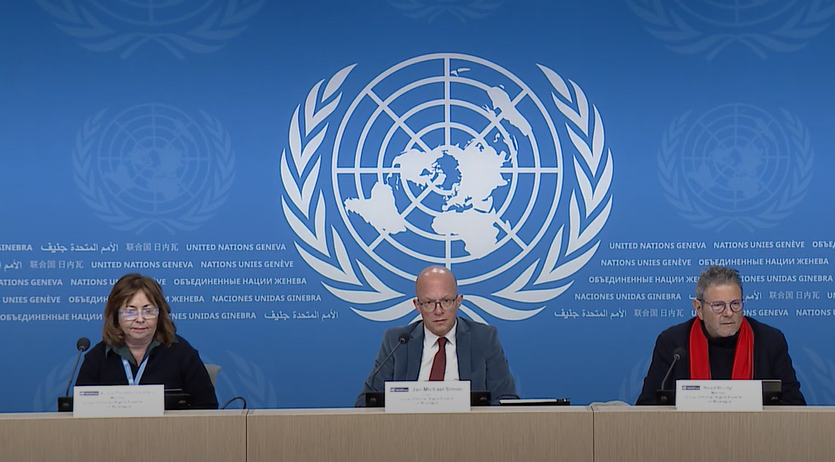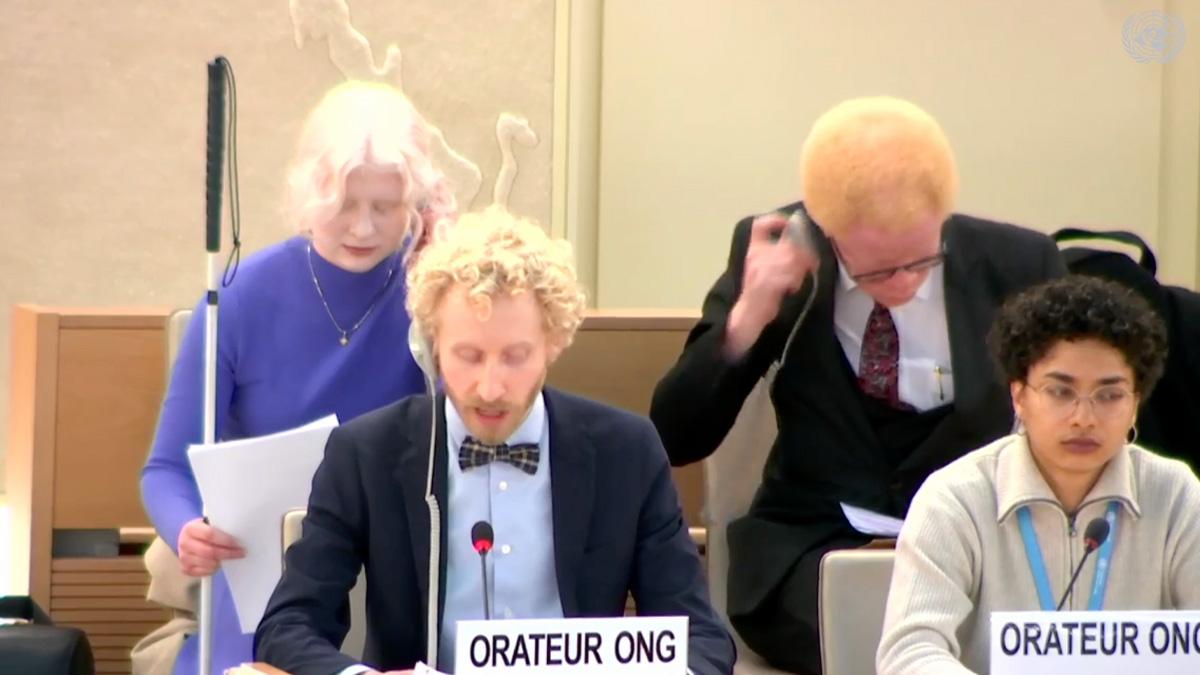To coincide with the adoption of recommendations made to Uganda as part of its second Universal Periodic Review (UPR), ISHR and the Human Rights Awareness and Promotion Forum Uganda (HRAPF) have issued a statement expressing concern regarding the trend of domestic laws and policies restricting defenders’ rights.
Since 2011 and Uganda’s first UPR, a process where the human rights situation in each country is examined by all UN Member States every five years, a number of restrictive laws have been implemented:
- The 2016 Non-governmental Organisations Law which enables the Government to arbitrarily restrict NGO operations, requiring registration with an NGO Bureau and periodic permits. Vague provisions allow the Bureau to refuse the registration of NGOs and restrict defenders working for groups regarded as illegal, such as LGBTI persons.
- The Anti-Homosexuality Act which was operative for 5 months in 2014. During this period over 150 cases of violations – committed by both State and non-State actors – against LGBTI persons were reported including arrests, physical violence and harassment.
- The 2013 Public Order Management Act which has been used to disperse public meetings and protests, and facilitate arrests of political activists.
- The 2015 Anti-Terrorism (Amendment) Bill which contains provisions that can restrict funding for the work of defenders.
ISHR Programme Coordinator and Legal Counsel Tess McEvoy says that Uganda must repeal these laws and stop criminalising defenders’ legitimate human rights activities, in line with recommendations made by many countries as part of the UPR process.
‘ISHR & HRAPF are deeply concerned that Uganda did not accept recommendations calling on the Government to review the Public Order Management Act and the Non-Governmental Organisations Act’, McEvoy said. ‘These laws specifically target NGOs and defenders of LGBTI rights and are inconsistent with the rights to freedom of assembly and association.’
While in the current UPR, Uganda did accept four recommendations calling for the protection of defenders – including that allegations of intimidation, harassment and violence be fully investigated – these echo ones that Uganda agreed to implement in its 2011 review.
‘The fact that these concerns are still being raised shows that the problems aren’t going away,’ McEvoy commented. ‘We urge Uganda to respect the integrity of the UPR and stand by its commitments. It must not let the process be reduced to a ritual,’ McEvoy added.
The recommendations made in the statement reflect those set out in a briefing paper prepared by ISHR in conjunction with Human Rights Awareness and Promotion Forum and Chapter Four Uganda as a submission to Uganda’s second UPR.
For further information please contact ISHR’s Tess McEvoy, [email protected].
Photo: Flickr / Kaytee Riek.




